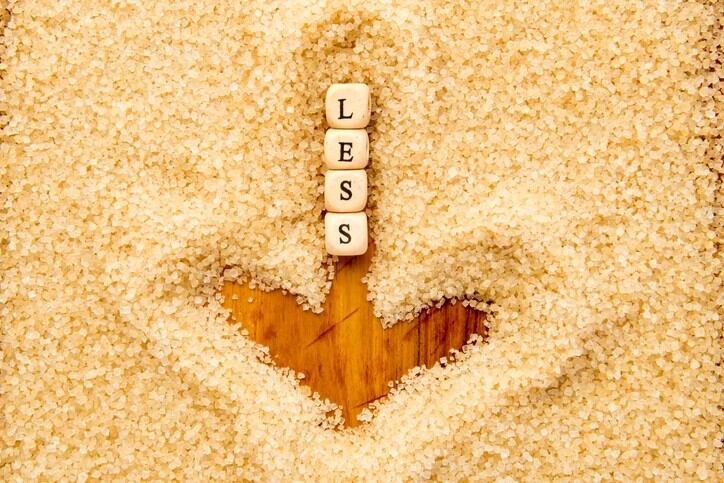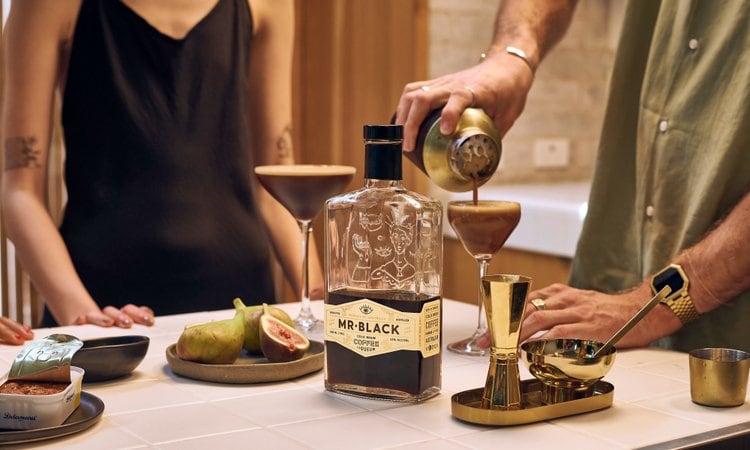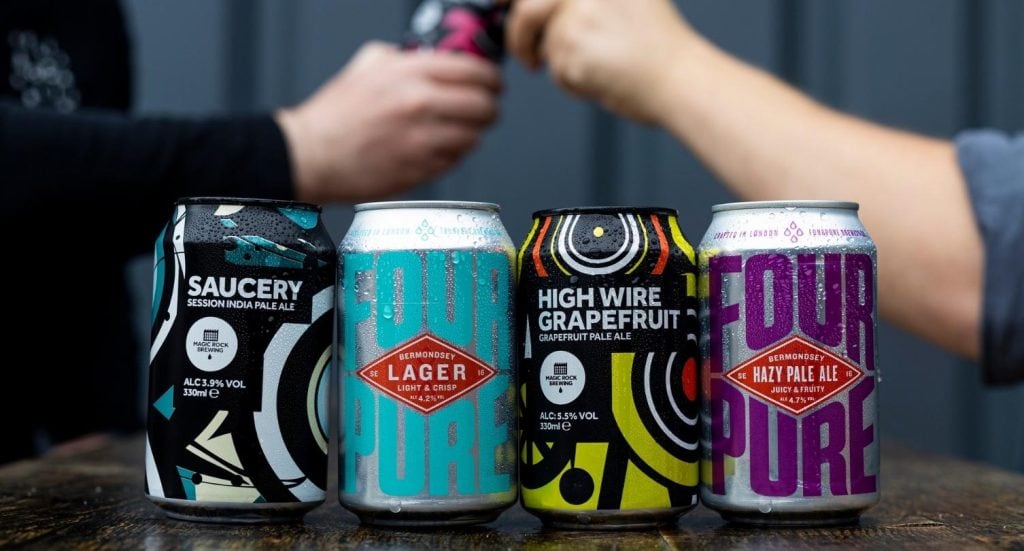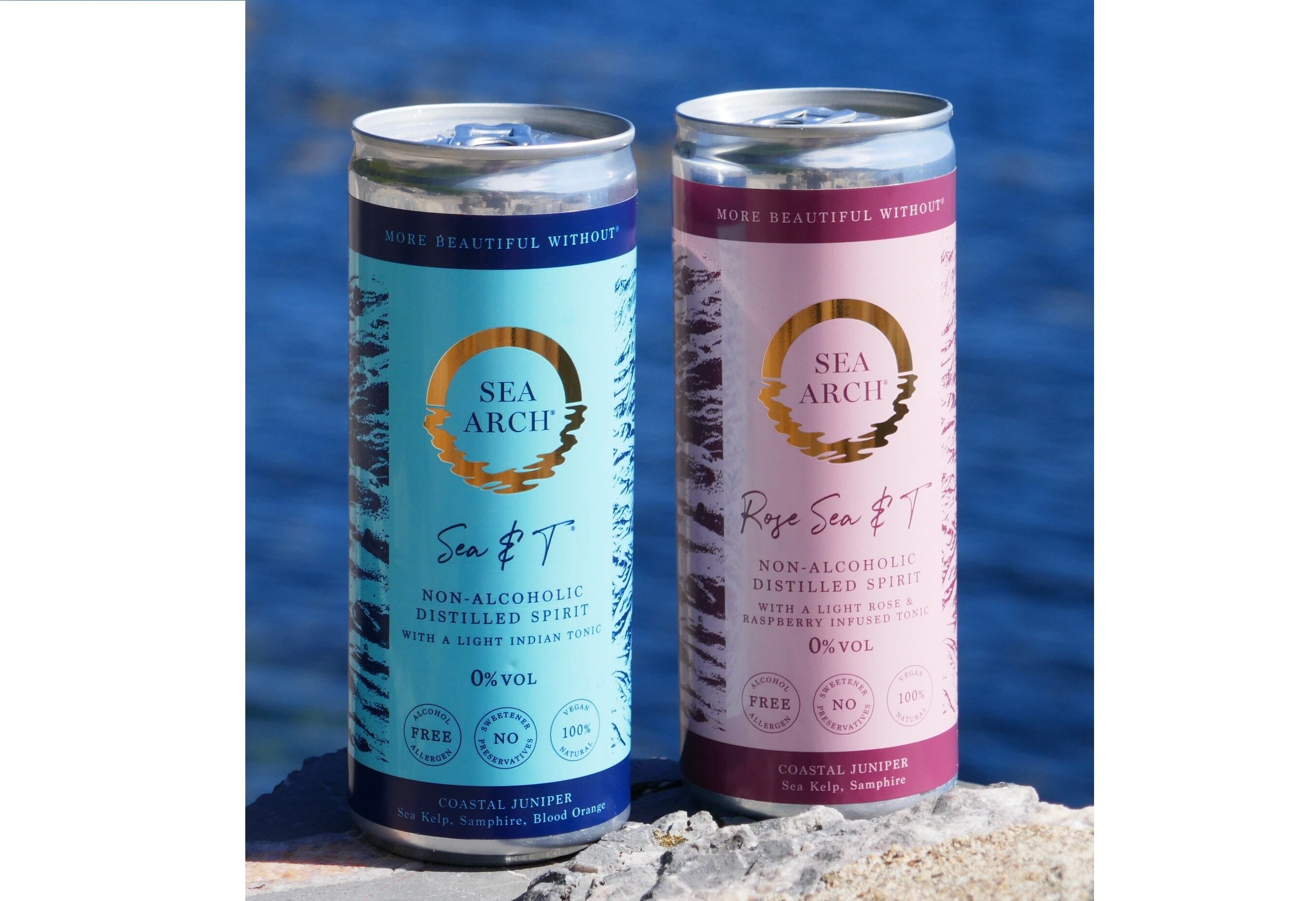The previous target, set in 2018 by Asahi Beverages, Coca-Cola South Pacific, Coca-Cola Europacific Partners and PepsiCo Australia and New Zealand via the Australian Beverages Council, set out sugar reduction of 20% from 2015 – 2025.
Now the industry is targeting a 25% reduction over the same time frame: ‘making it even easier for Australians to manage their sugar intake’.
Australian Beverages Council Chief Executive Officer, Geoff Parker said: “Our Sugar Reduction Pledge signatories are accelerating their sugar reduction target not only because it’s the right thing to do, but also because they’re ahead on their current sugar reduction targets.
“Sugar reduction is being driven by a range of initiatives, including reformulation, smaller pack sizes, and pledgees investing in more low and no sugar products to meet growing consumer demand.
“Australian consumers want less sugar and more choices, and Australian beverage companies have responded.”
Progress against the Sugar Reduction Pledge will continue to be independently aggregated annually by KPMG.
Long term sugar reduction trends
In May, the Australian Beverage Council released a KPMG-authored report on sugar reduction in drinks, charting the 16% reduction between 2015-2021.
The report found that no and low sugar options now account for half of beverage sales among the above manufacturers: as well as tracking a long-term shift in the market (across 22 years) with a fall in per capita volume sales of SSBs and an increase in volume sales of water.
“Firstly, per capita volume sales of SSBs are in long-term decline, falling 27% between 1997 and 2018," noted the report.
"Volume sales of non-sugar-sweetened beverages have exceeded those of their sugar-sweetened counterparts since 2015. The fall in volume sales has been primarily driven by falling sales of sugar-sweetened carbonated soft drinks, which are declining at a rate of 1.9% per year. In turn, the contribution of SSBs to the sugar content of the Australian diet has declined steadily, largely as a result of the fall in volume sales of sugar-sweetened carbonated soft drinks. As a consequence, the sugar contribution of SSBs to the Australian diet would now be expected to be below the figure of 21% observed in the last national dietary survey, conducted in 2011–2012.
"Nevertheless, it is likely that these beverages remain the major source of sugar in the Australian diet.
“Secondly, per capita volume sales of water have increased exponentially, the annual growth rate of the major category, unflavoured pure waters, being 16%. Water now out-sells sugar-sweetened carbonated soft drinks in Australia by a considerable margin.”
Sugar reduction in the beverage category, according to the Australian Beverages Council, is being driven by factors such as the reformulation of existing products, the launch of new no and low sugar beverages, and investing in marketing to drive sales of no and low sugar products.
However, in the face of calls for a sugar tax in May it labelled such levies as 'discriminatory and regressive' and a 'last century fix to a complex and contemporary problem which will only raise the cost of the weekly shop for households that can least afford it.'




